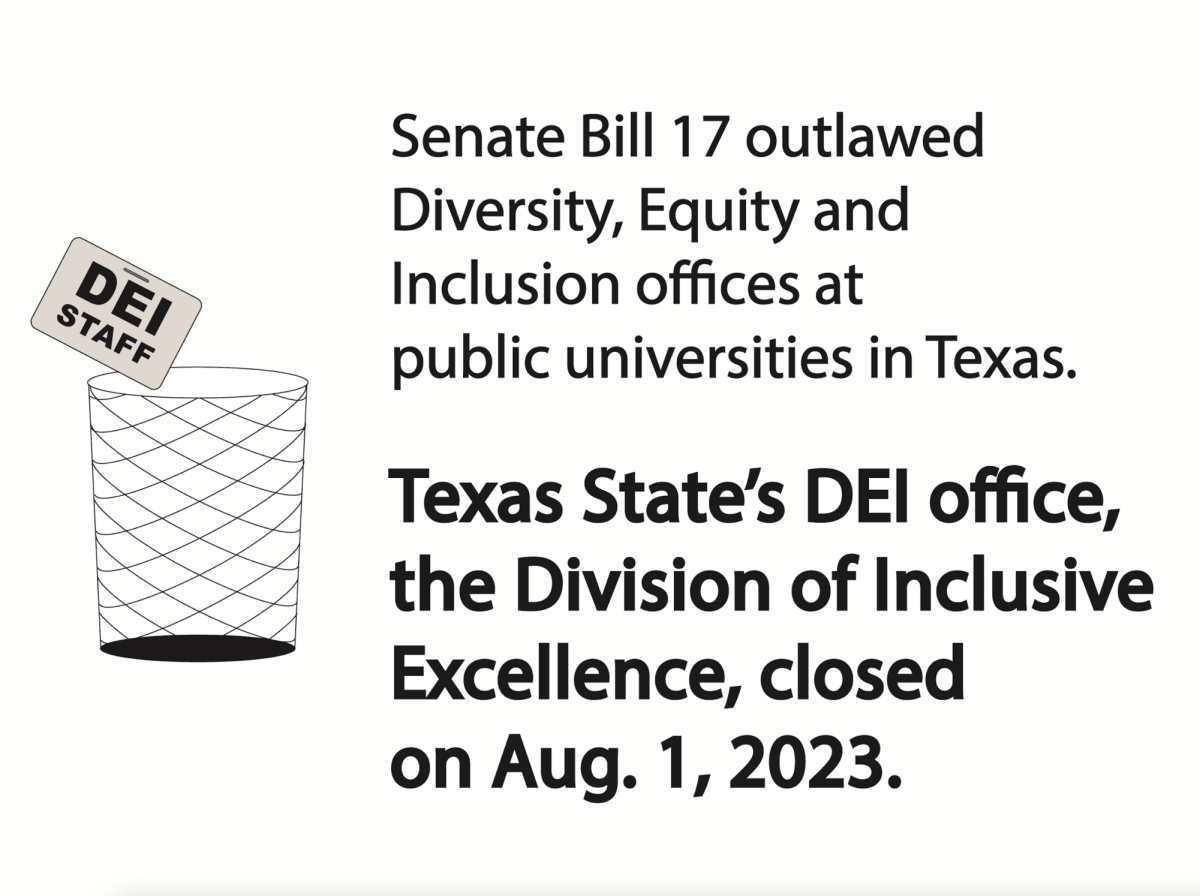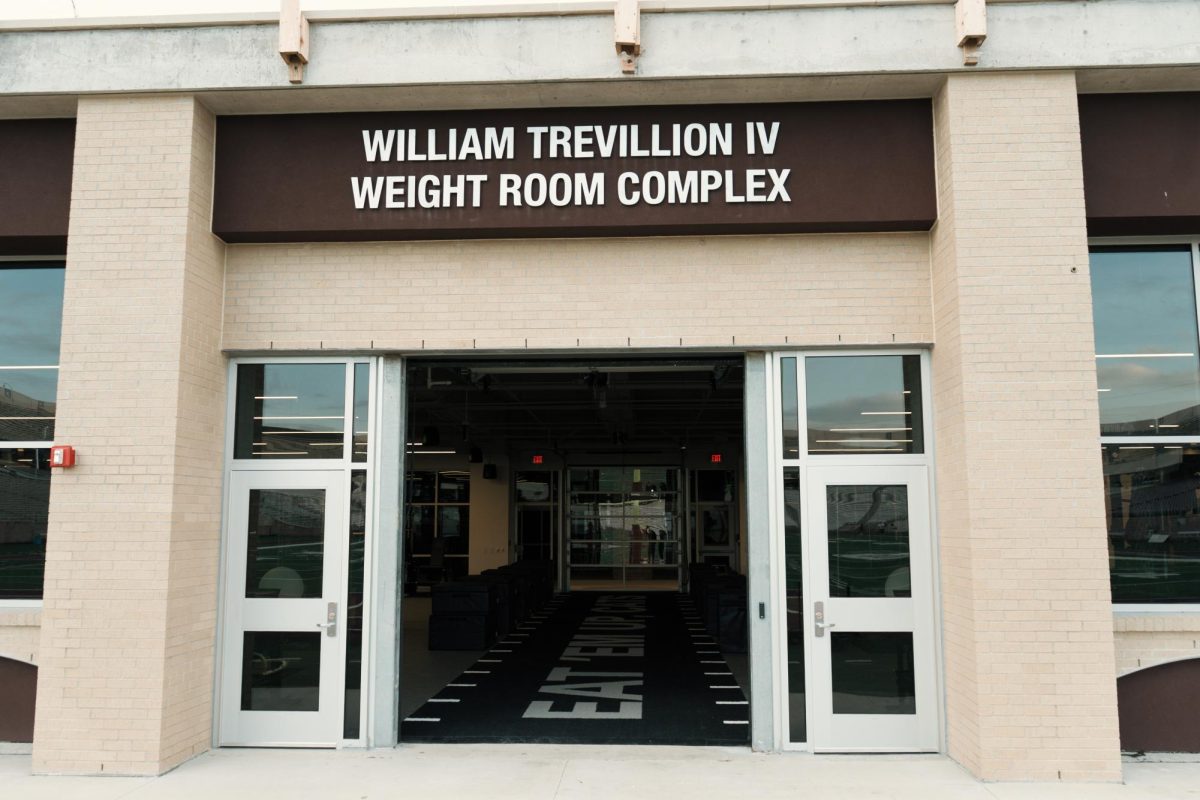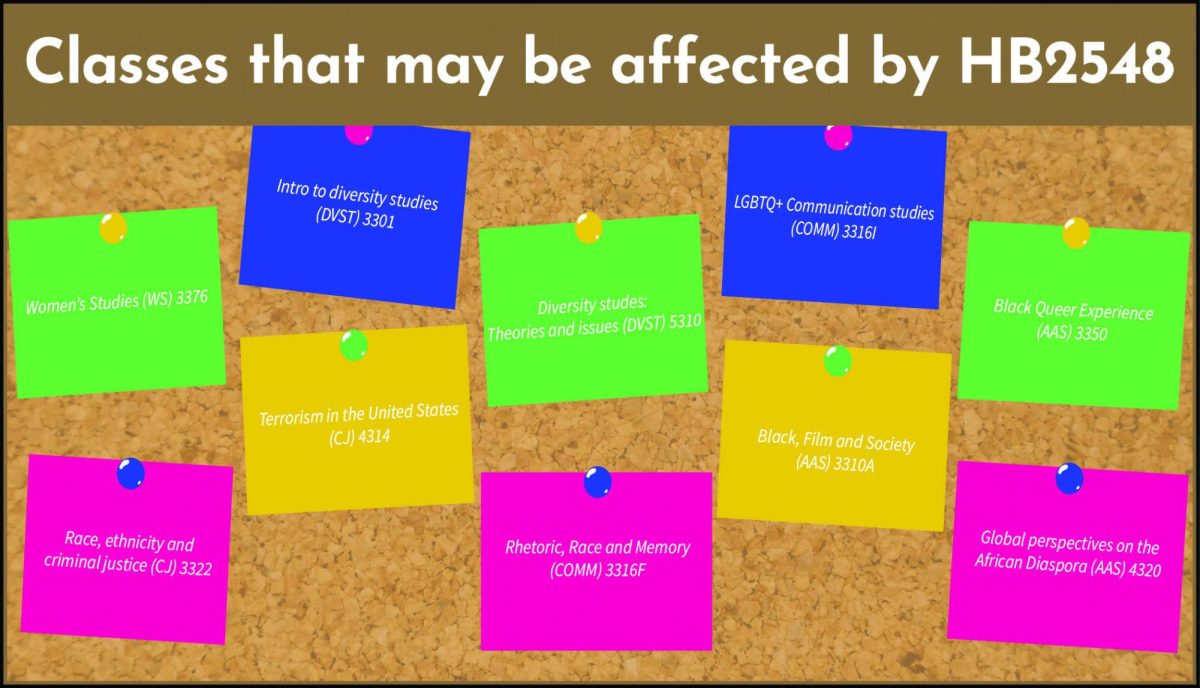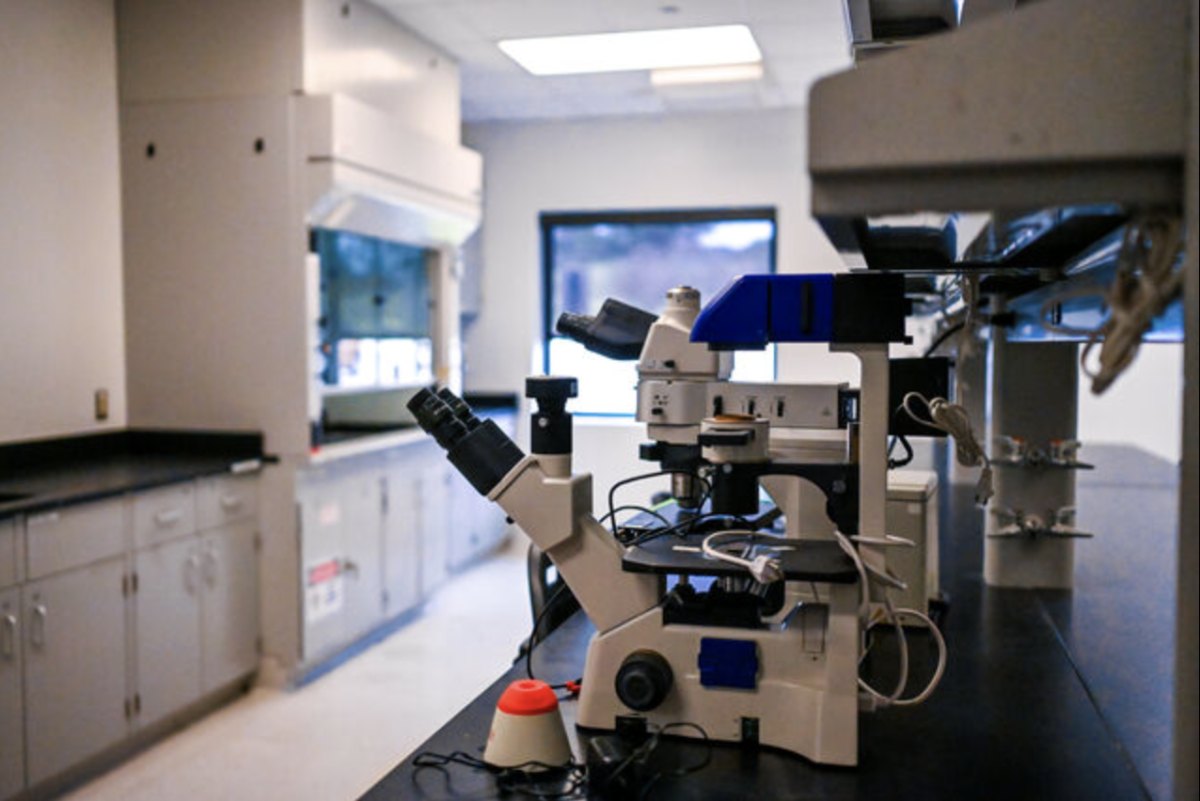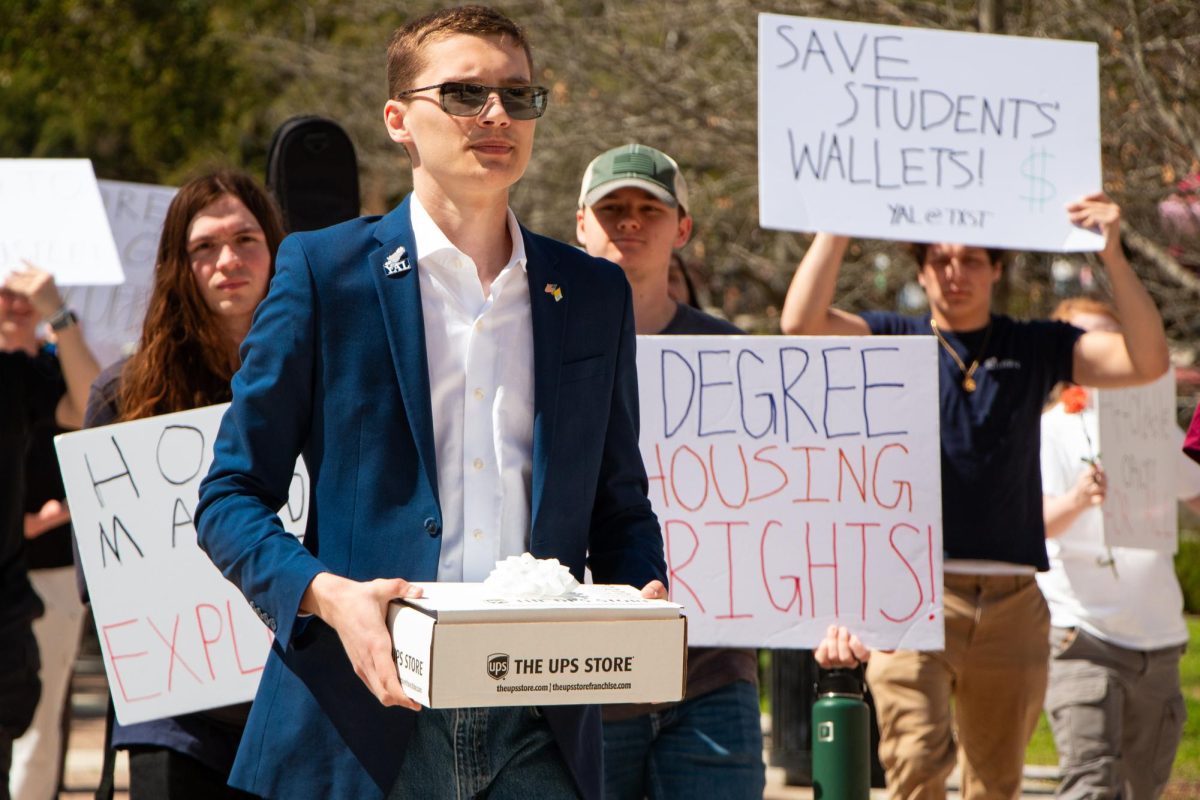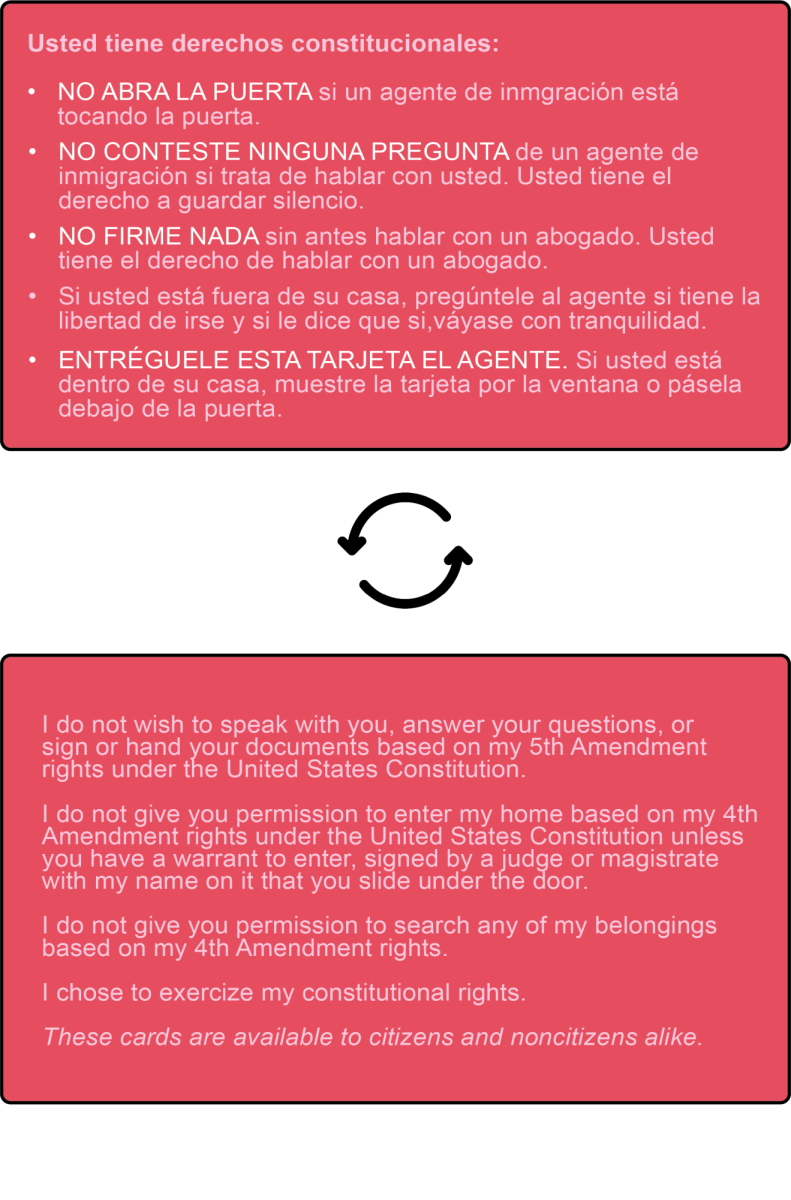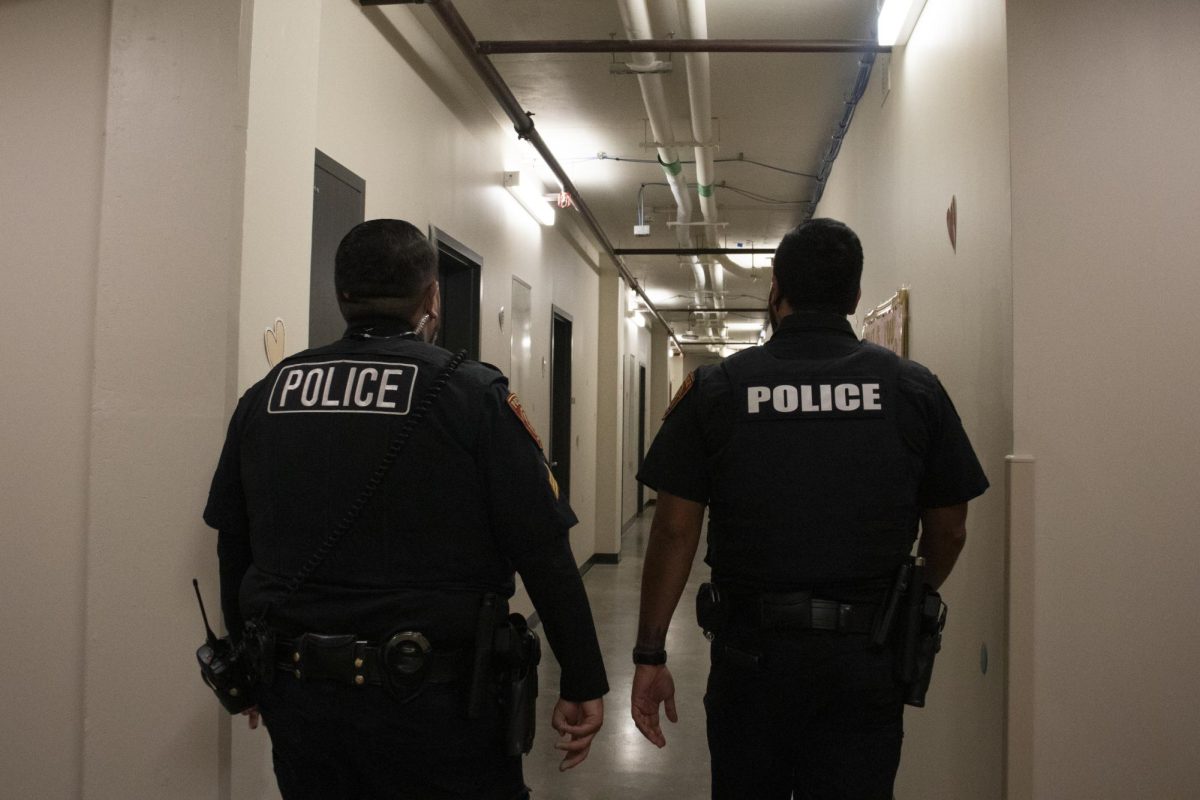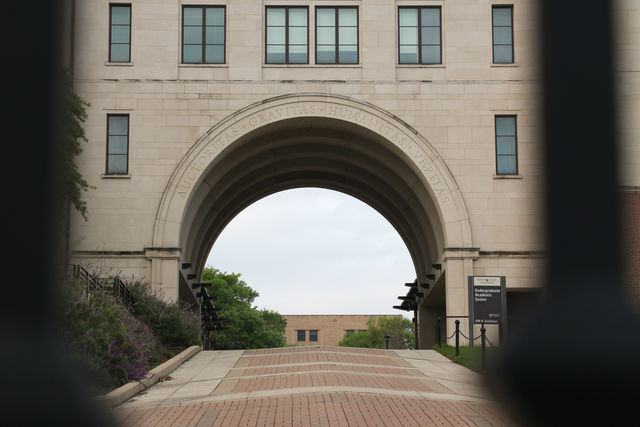Senate Bill 17 (SB 17), which went into effect on Jan. 1, banned Diversity, Equity and Inclusion (DEI) practices at public universities in Texas.
The bill forces Texas public universities to stop taking diversity into account when hiring faculty, which is something the Texas State University System (TSUS) has done since March 2023. This also includes altering decision-making on student acceptance. Any public universities that fail to comply would lose a year of state funding.
“The passage of SB 17 in the most recent legislative session has led all Texas public universities to examine how they handle their work, structure and processes around DEI,” a July 28 email from President Kelly Damphousse to faculty said.
SB 17 passed during the 2023 normal legislative session in May. The university saw the bill would force them to dissolve the Division of Inclusive Excellence (IE) by Jan. 1, 2024. IE was an office that previously provided additional support to students from different backgrounds, Damphousse chose to dissolve the division on Aug. 1, 2023.
The Division of Student Success now has the same student support IE did, while also providing additional resources such as being responsible for campus recreation and career services.
“The division’s work directly supporting student success initiatives will now be accomplished through the Division of Student Success,” Damphousse’s email said. “Current IE employees working in support of student success initiatives have the opportunity to be reassigned to new positions in the Division of Student Success.”
One of the changes future students may notice is they are no longer required to take any sort of DEI training to enroll in a public university in Texas.
“In an effort to promote engagement, connection and belonging, the IE provided support, community-wide programming and activities for students and student organizations,” Sandra Pantlik, the vice president for marketing and communications, said in an email. “All Texas State students can still find that support from the Department of Student Involvement and Engagement and other departments in the Division of Student Success.”
Texas State staff who previously worked for IE were given the option to transfer over to the Division of Student Success, which has taken on the student support aspects of IE.
To avoid having their state funding revoked, a university must pass an audit in the prior year to ensure they are not in violation of SB 17.
“The certification must occur before the institution may spend state appropriated funds for the current fiscal year,” Pantlik’s email said. “The university consults with and receives guidance from TSUS to help ensure this compliance.”
Under SB 17, when hiring, public universities are no longer allowed ask for diversity statements, which are statements of how a candidate would support DEI efforts. According to Pantlik, this has had no impact on Texas State’s hiring pool for faculty.
“Texas State continues to attract quality faculty committed to educating and serving our students,” Pantlik’s email said. “In compliance with SB 17, Texas State does not request applicants to provide diversity statements as part of the application process.”
In a statement released in April by Texas Senator Brandon Creighton, who authored SB17, the new law could save the tax payers money, ban an “ineffective” practice and would promote a “merit-based” hiring and enrollment process in Texas public universities.
“Texas is one of the most diverse states in the nation, and our institutions of higher education should reflect that diversity,” Creighton’s statement said. “DEI programs have become a million-dollar industry at taxpayer-funded institutions yet they have made no progress advancing or increasing diversity.”
According to the same statement for Creighton’s office, SB17 will have no impact on student-led organizations.



